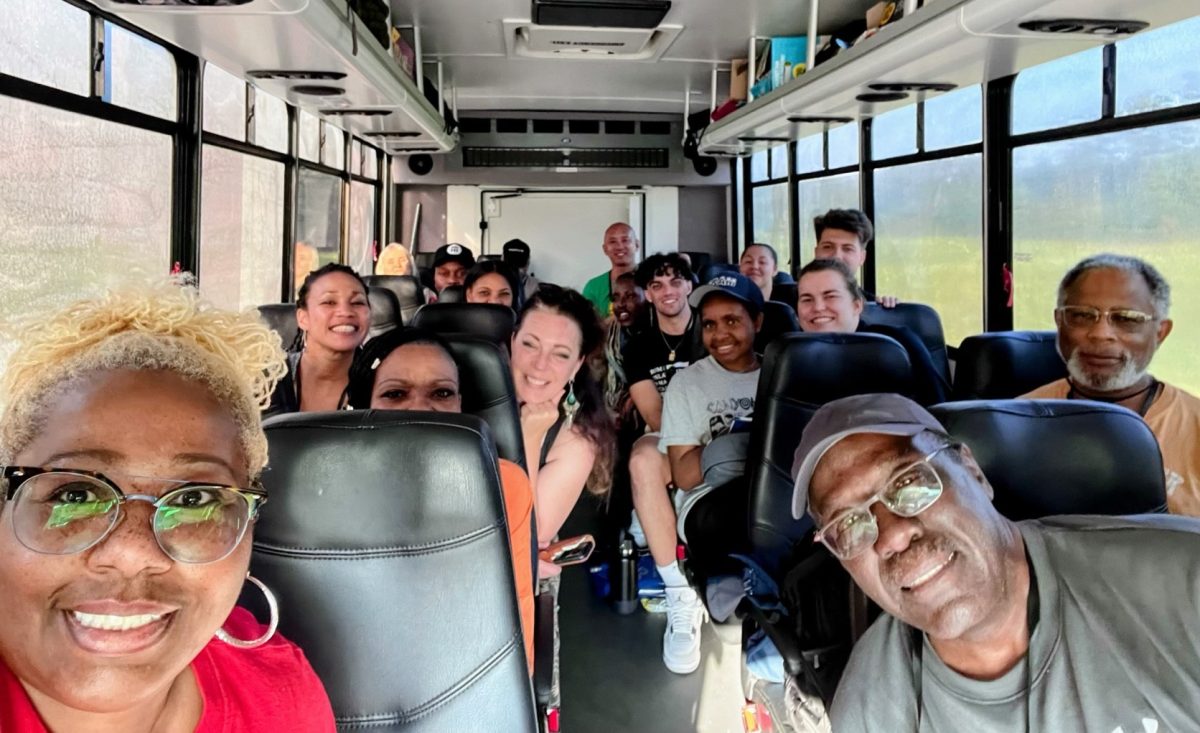
Some may approach with curiosity and some with confusion, about what the John Perkins Center is. Some assume we must be a diversity center because our founding namesake is a Black man. Well, we do take our focus on justice, community development and reconciliation from the legacy of Dr. John M. Perkins and the Perkins Foundation. However, our work and the expanse of our impact starts with the question, what do you envision when you think about healthy and whole communities?
The Center started at a time when Seattle Pacific University was awakening to justice. In an attempt to draw from our motto, “engaging the culture, changing the world,” former President Phillip Eaton said in his university address: “If we do not address these racial tensions in our city, in our own university community, in our own lives, we know nothing about engaging the culture.”
It was a catalyst for SPU to begin to take matters of the community more seriously by looking into their own diversity and their relationships with the regional community.
The JPC is in its 20th year serving at the intersection between campus and community, developing students with a commitment to practicing reconciliation and training them around the eight principles of the Christian Community Development Association (CCDA). These principles operate together to build sustainable communities that can thrive in equity, justice and wholeness.
The JPC has aimed to boost the university in its diversity efforts. We partner with departments like the Multi-Ethnic Programs and University Ministries and academic programs like the Reconciliation Studies Minor. We have helped to host and facilitate challenging conversations through campus-wide events and classroom speakers, lent a guiding voice in times of student resilience and offered a prophetic reflection about the active historical white systems that operate within the university.
However, at the heart of what we do is discipleship in the gospel, to do both – love God and love thy neighbor. Dr. Perkins wrote about this concept in his book “Beyond Charity.”
“It is the time for the church, yes, the whole church, to take a whole gospel on a whole mission to the whole world… It is time for us to prove that the purpose of the gospel is to reconcile alienated people to God and to each other, across racial, cultural, social, and economic barriers.”
Programs in the JPC provide opportunities to learn about partnerships, serve in the community, and build relationships. We are a student-focused center developing leaders in community development and providing opportunities for reflection and dialogue on reconciliation and justice issues. We seek to learn within a community of both scholars and practitioners and find ourselves often in contexts outside of the classroom to do so.
I like to say that we are helping students to live a life where people, community, justice and reconciliation meet. For us, this starts with the student experience. We encourage them to step out of their comfort zones, “relocate” into different contexts of the community that will shape who they are and develop a capacity to learn from the community and its leaders.
With our students, we explore, experience and examine these questions: what is your story? What is the story of the organization? What is the story of the places or communities that you will encounter? And how will your story be connected during your time here at SPU?
Urban Involvement is a historical ministry to the university started by students in the 1970s but advised under the JPC for the last 18 years, reshaping it from charity to community development and seeking to engage mutuality and justice in the process. With community organizations as partners, leaders take teams of students to regularly volunteer each week during the quarter. They begin as volunteers but stay because they find community. It is not uncommon for a volunteer to deliver a message, “Oh, Mack says hi,” because they met an SPU alum who is now working with one of our community partners.
Within the name JPC Learn & Serve is a reformatted version of two other historical university ministries, Latreia and SPRINT. It explores justice and community through more immersive experiences such as Urban Plunge, which is focused on homelessness. Others like the Perkins Justice Pilgrimage help participants give significance to the experience of what is seen, felt and heard by being physically present in a place. They reflect, “This is not something you can learn in the classroom or from textbooks.”
I get to see how the JPC shines in the community, through our various church and community partnerships, our involvement in Seattle’s ongoing MLK Prayer Breakfast and serving in leadership on the CCDA PNW Regional Network. We have been able to creatively bring learning to our students in our tenure by partnering on a few Taproot Theater productions, where we facilitated training and dialogue with the casts, campus and community leaders.
We also had the opportunity to rent out a theater screening for SPU and our community partner Choose 180, on the release of the film “Just Mercy,” a movie based on Bryan Stevenson’s book by the same name. We highly believe in learning by experience and learning both “with” and “in” communities. This practice of learning extends into how we partner with academic areas on campus, officially with the Reconciliation Studies Minor program, plus other invitations into the classroom such as PPHS or UFDN.
I hope that you can see that the JPC operates as a convener of students, organizations, leaders and academic thinkers, existing in between theory and practice. We seek to create opportunities that may lead toward transformation, welcome inclusion in a gospel of reconciliation and build sustainable community practices for the sake of justice for the entire community.














































































